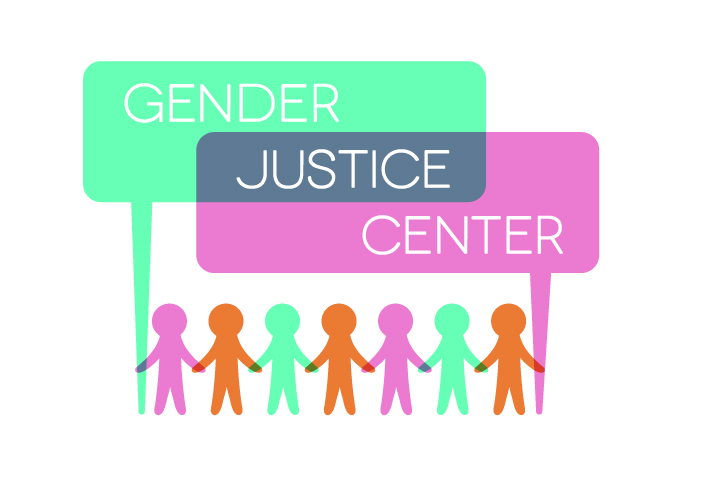Challenging Anti-Blackness at GJC’s Community Conversation
This year, to tackle a need for meaningful educational conversations, the Gender Justice Center (GJC) introduced its Community Convos, as a way for the Seattle University community to learn and discuss topics in a safe space. The first conversation was on Jan. 16 and centered around anti-blackness in communities and how it affects and impacts non-black communities.
Senior Sociology major Jasmine Waland is the program coordinator for the GJC and facilitated the first conversation. Waland is currently working on a project investigating anti-blackness and Islamophobia in Indian communities. She reflected that growing up, she was socialized to disassociate herself from the black community and said that she observed a lot of colorism growing up.
“This [topic] is just one that I have a strong desire to unpack within myself, and I want to help facilitate it for other non-black folks of color,” Waland said.
Those who came were divided into multiple discussion groups. One group consisted of white folks, one with nonblack people of color, and one with white-passing people of color. They were given questions to help them begin to understand their shared and individual perceptions of blackness. With this set up for the black folks that attended, Waland wanted to give them a healing space that allows them to have an opportunity to be away from the toxic and triggering conversations that were taking place.
“I think that this would be a space to unpack the way that we’ve been socialized and also to imagine a better world,” Waland said.
Third-year Political Science major and President of the Queer and Trans People of Color (QTPOC) Ari S. was also present for the conversations.
“I came to this event in particular because anti-blackness is an important topic to talk about in all communities but especially in POC communities,” Ari said. “I noticed that it’s not a conversation we’ve engaged in too much within QTPOC, and it’s something that I’d be interested in engaging in more, and I think coming to events like this kind of gives the toolkit to do that.”
The Community Convos are new to the GJC this year. Fourth-year Public Affairs Major Anab Nur is President of the GJC and spoke to how the conversations reflect a need in the university community.
“I think we’re really trying to listen to the needs of the community, like Seattle University students,” Nur said. “Like what they need and what we need, because we’re also Seattle University students, and then looking at the way we can meet the needs of Seattle University students.”
Second-year International Studies and Women and Gender Studies Major Ariana Siddiqui Dennis is the assistant event coordinator for the GJC.
“There was a want from a lot of campus members who were asking us how they could become involved, and well, our space has been open for everyone but it wasn’t formally announced that you could just come,” Dennis said “So, we just made it something easier for people to come into…We set a topic, so it’s easier for people to discuss and that way people on campus that want to get involved, can come.”
Waland will host a continuation of the anti-blackness conversation on Feb. 6. The event is open for anyone who wants to join in. The GJC will be choosing different topics and different people to host the conversations. Senior Sociology and Philosophy Major Evelyn Chow is the outreach and policy coordinator for the GJC. They explained how the convos are in line with what they hope to be the long-term impact of GJC.
“I think the importance of the community conversation, too, is just what I want our impact on this campus to be is very much so political education and raising political consciousness,” Chow said. “Especially how gender justice intersects with racial justice, with U.S. imperialism, militarism, internationalism, and I think that’s one of the goals that we see as important.”
Rania may be reached at
rkaur@su-spectator.com



